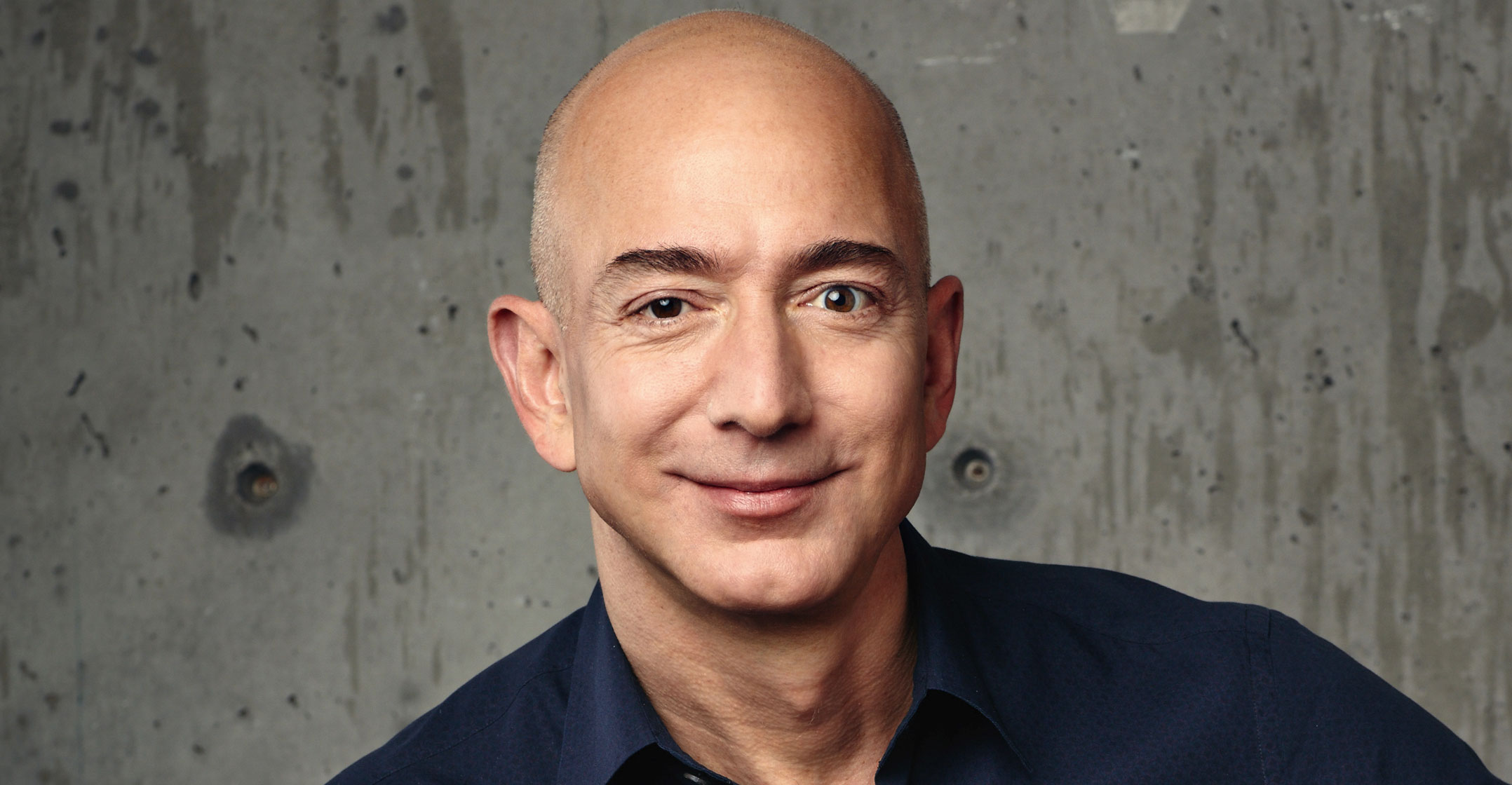
Without question, this has been a peak year for Amazon.com paranoia. The company seems to be everywhere, eager to crush or absorb anything in its path. For you Star Trek nerds, Amazon is the Borg.
But this fear has obscured a harsh reality: unlike most other US technology superpowers, Amazon is not very worldly.
Two-thirds of Amazon’s revenue comes from sales in the US. Amazon Prime is available in a dozen or so countries, but it’s not big in many of them. Just four countries — the US, Germany, Japan and the UK — contributed 92% of Amazon’s US$136bn in revenue in 2016. Amazon is global in theory but successful in only a few places.
For comparison, 15% of Facebook’s daily users, and almost half its revenue, came from the US and Canada last year. Both Facebook and Google apps are ubiquitous in many countries. About 80% of Intel’s revenue comes from outside the US. Netflix now has more subscribers overseas than in its home country.
Conforming with Amazon’s Borg reputation, the company doesn’t intend to stay home bound for long. And with a glass-half-full view, Amazon’s geographic concentration is an opportunity for more riches as the company looks to break out of its domestic bliss.
The biggest global prize is India, where Amazon has pledged to spend $5bn to break into what many technology companies see as a future gold mine.
India
Amazon also said on Wednesday that it would sell some of its Echo voice-activated speakers in India for the first time, with a new (English language) voice with local pronunciations.
Amazon’s failures to crack e-commerce in China are legendary, and it doesn’t want a repeat. It is also exporting strategies it employed in India. It is testing in the US a delivery service that began in India two years ago.
And Amazon isn’t stopping there. This week, publications in France have been packed with news and rumours that Amazon is looking to team up with or take over companies involved in grocery sales or food distribution.
Amazon’s globe-trotting will inevitably spark a backlash, as Google and Facebook know well. It has already felt this heat, most recently in the form of a €250m over what European officials deemed to be illegal tax breaks from Luxembourg. This isn’t specific to Amazon Web Services, but some European customers defected to local cloud computing providers after revelations that US intelligence agencies collected data from US tech companies.
Changing Amazon’s parochial present is going to take some savvy work, and no doubt the company will fall on its face occasionally. But if Jeff Bezos fulfils his ambition, the world and not just nearly every American industry will come to fear Amazon. — Reported by Shira Ovide, (c) 2017 Bloomberg LP




